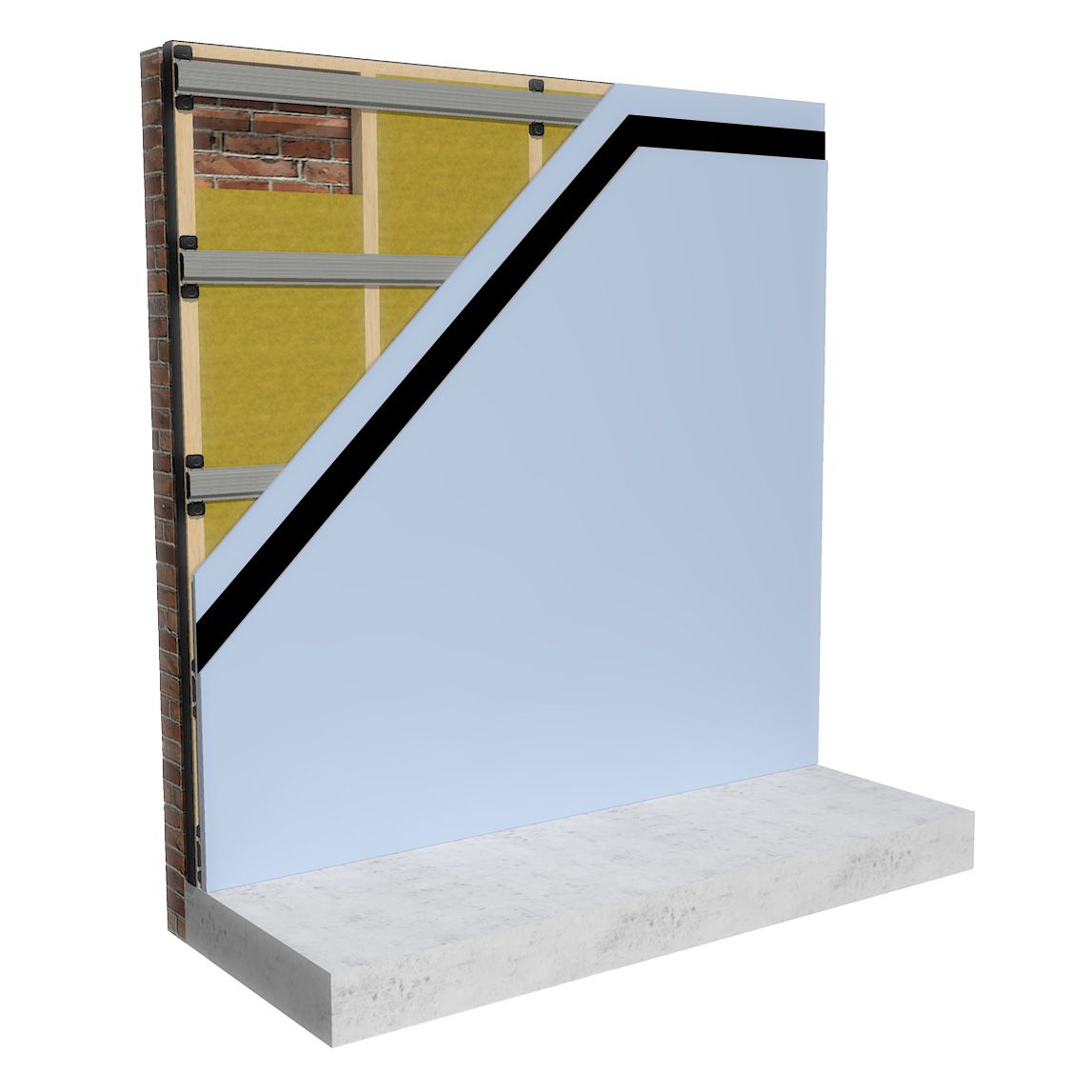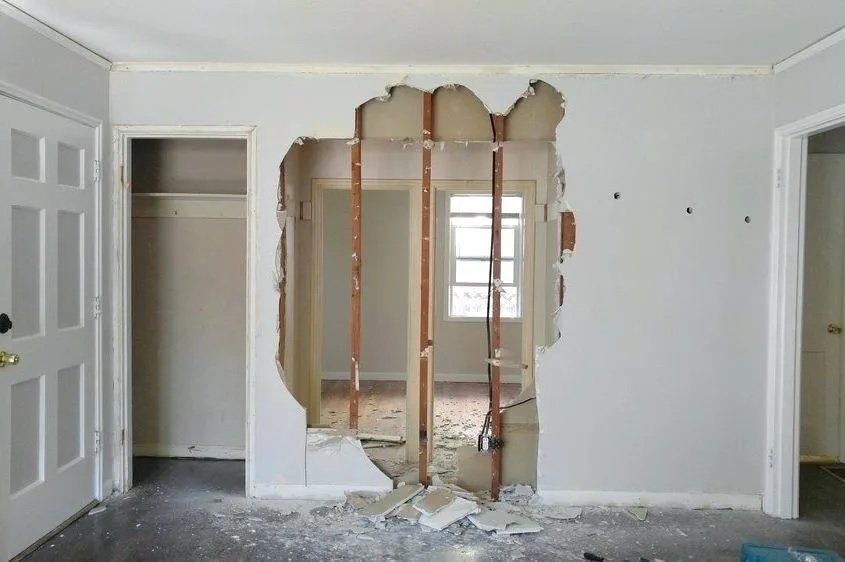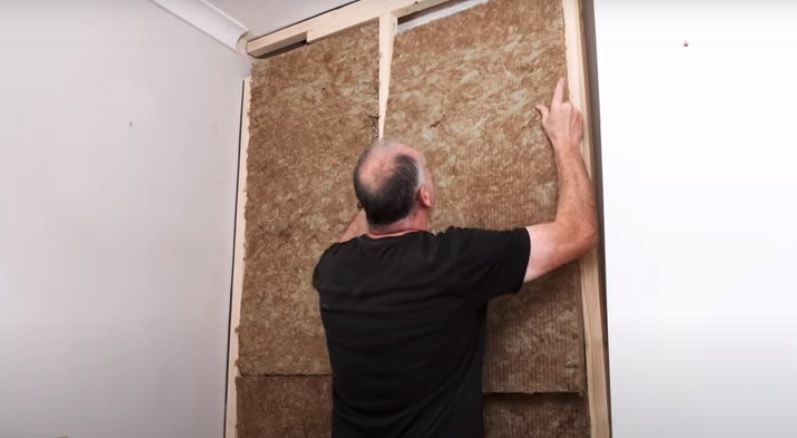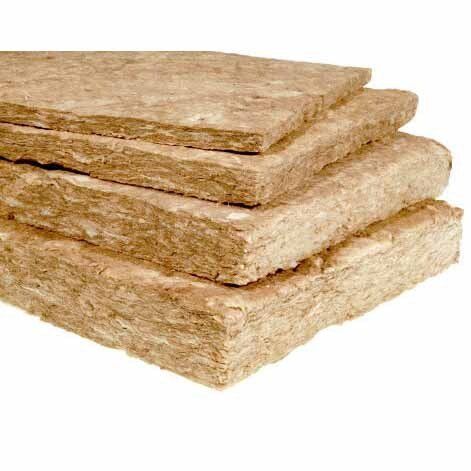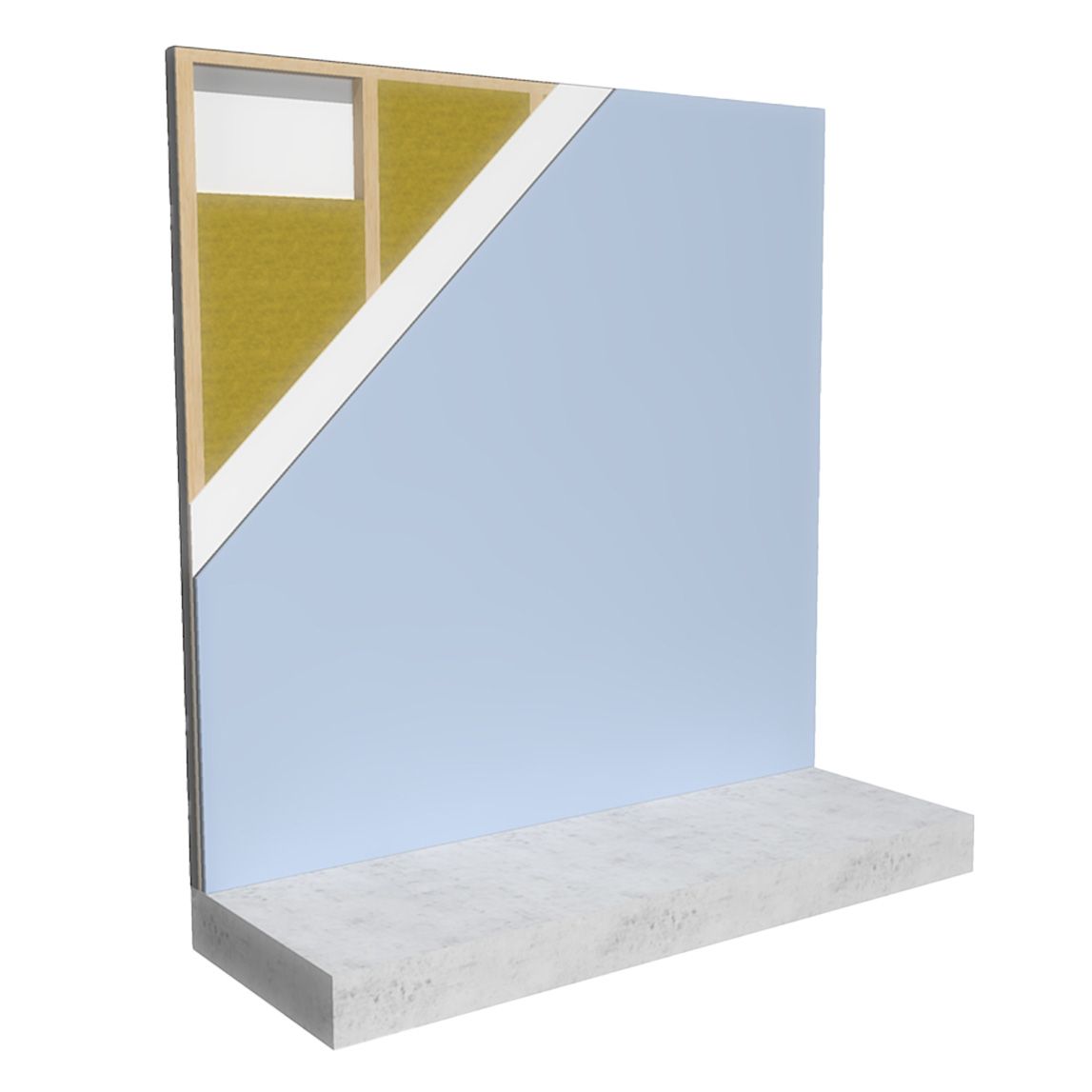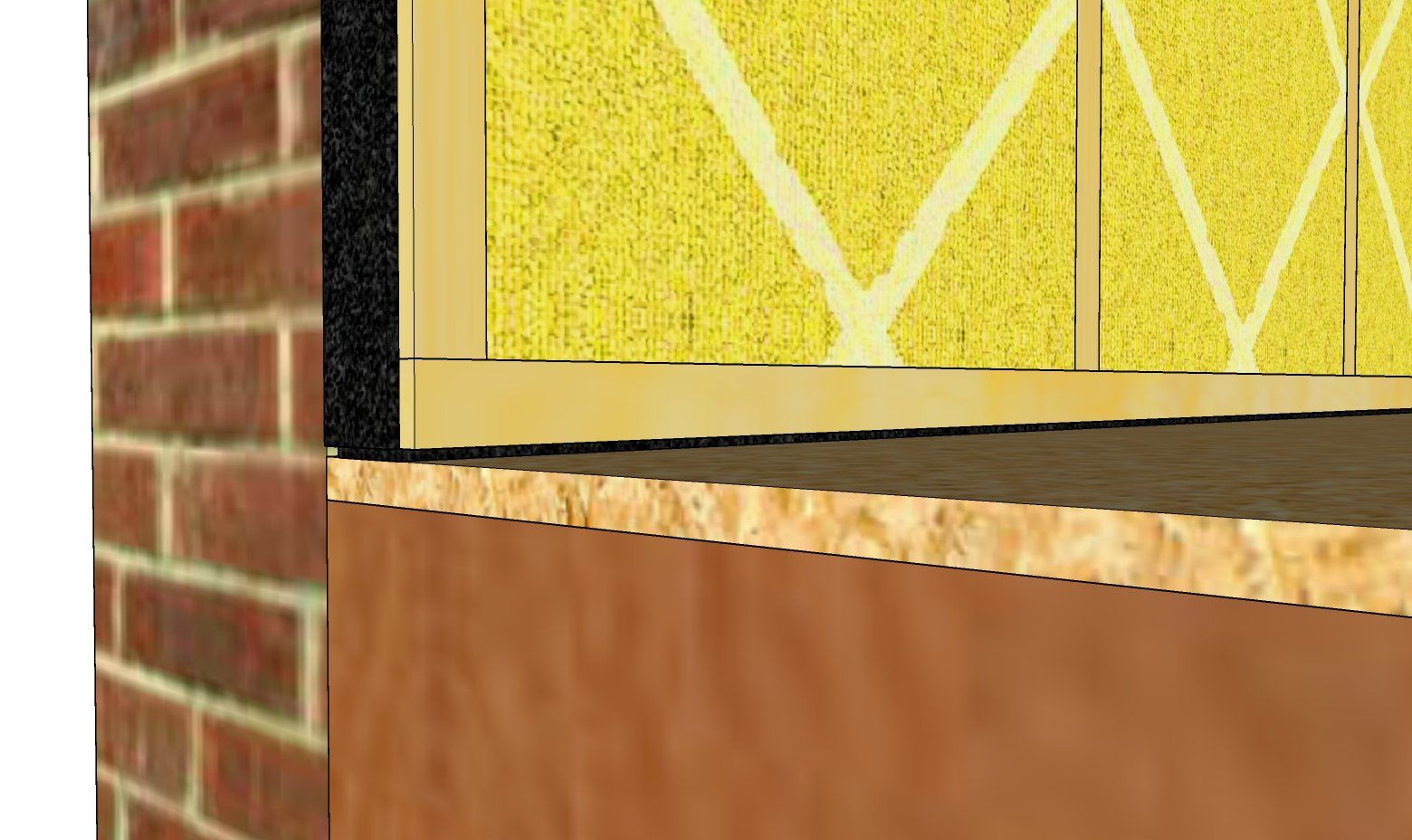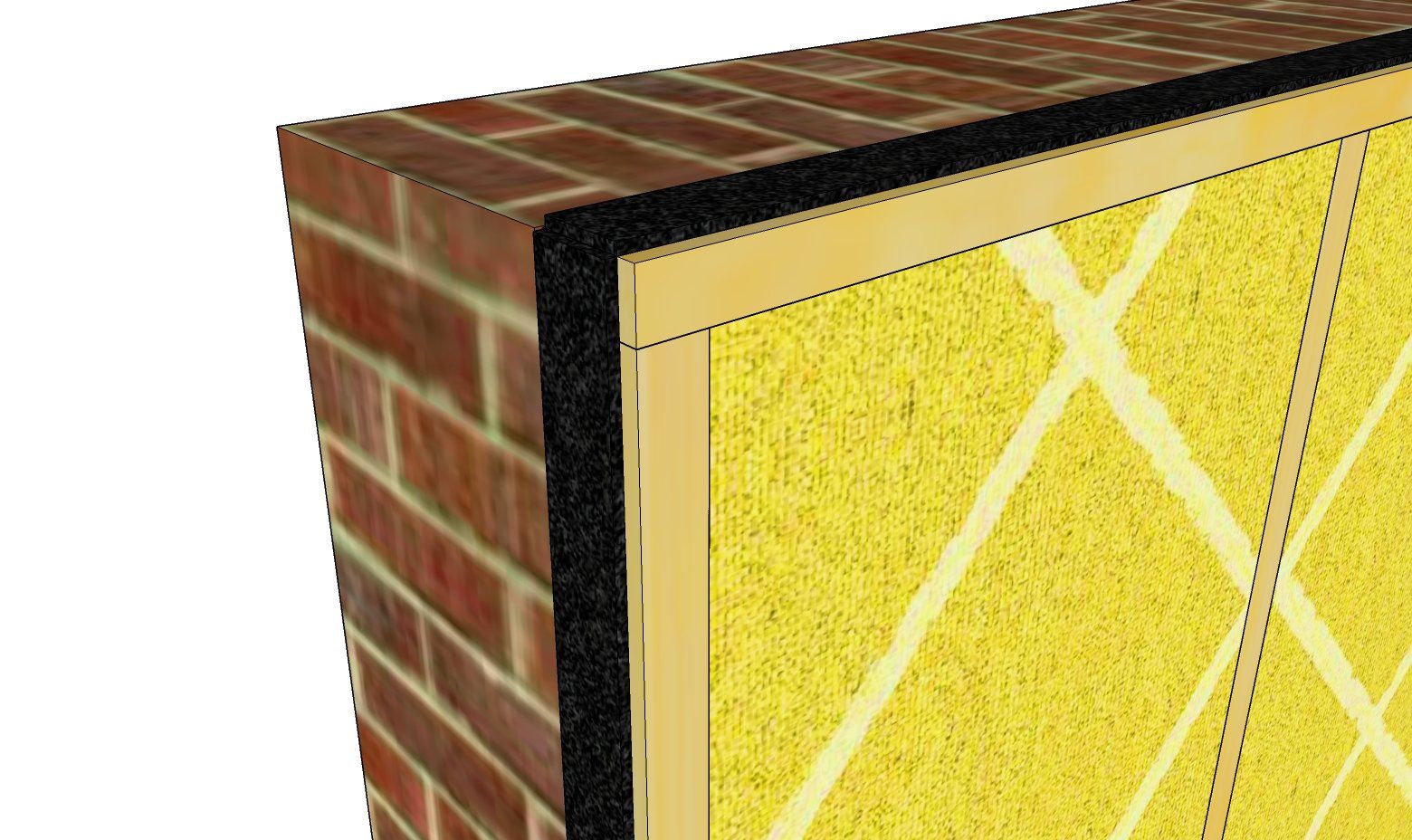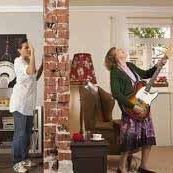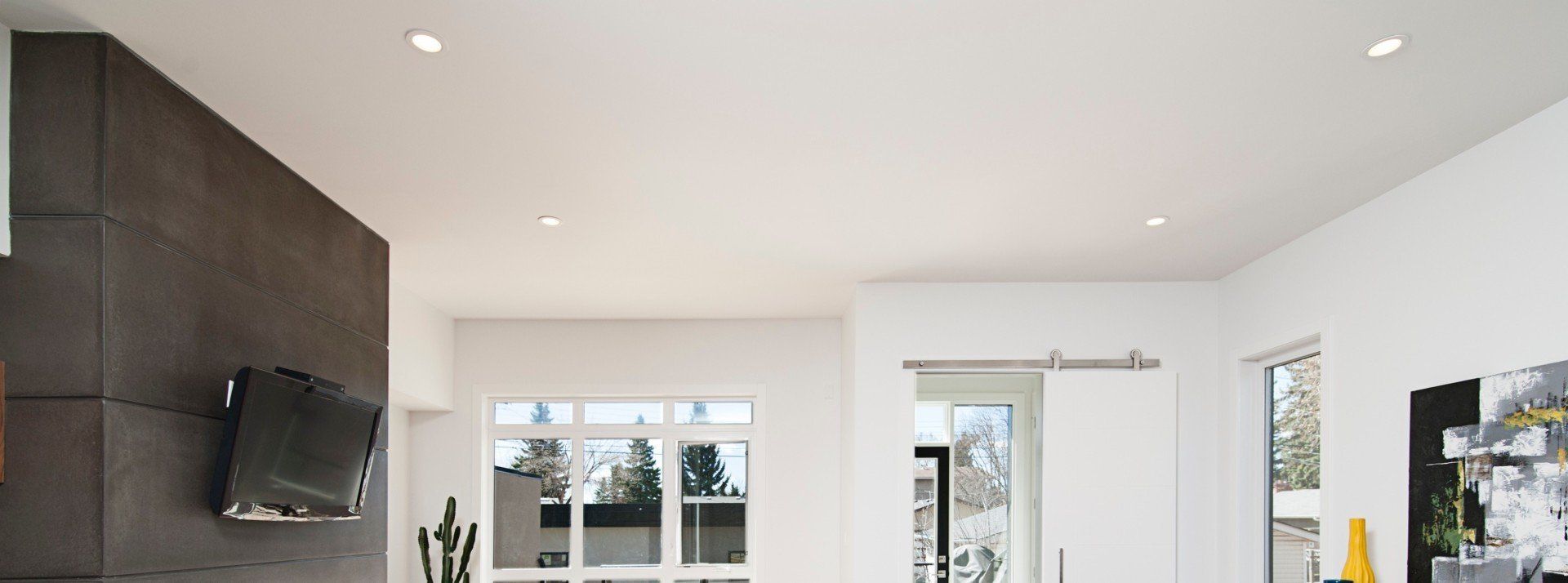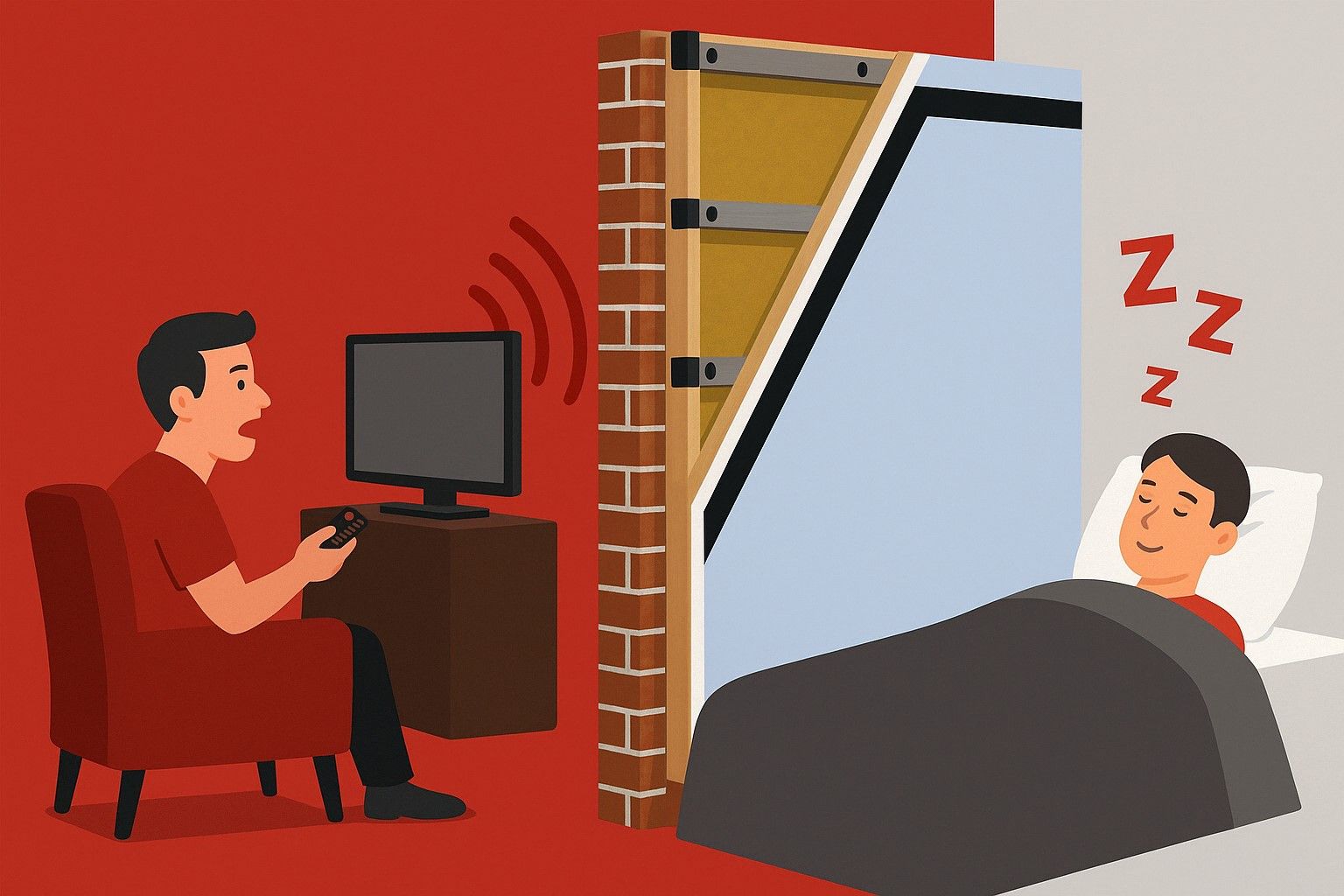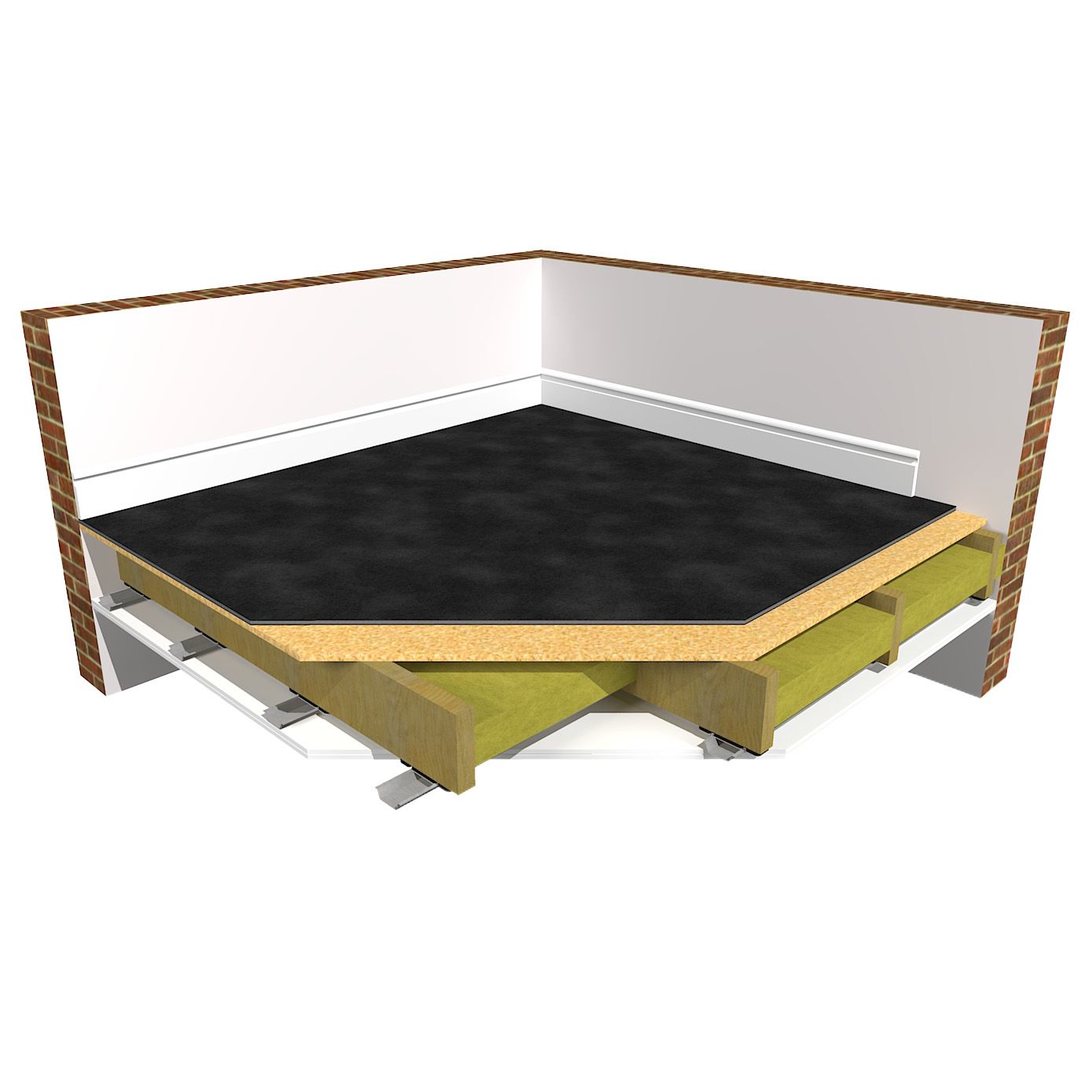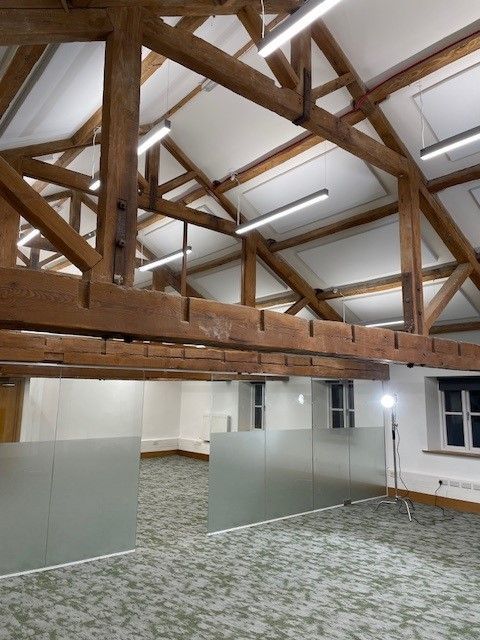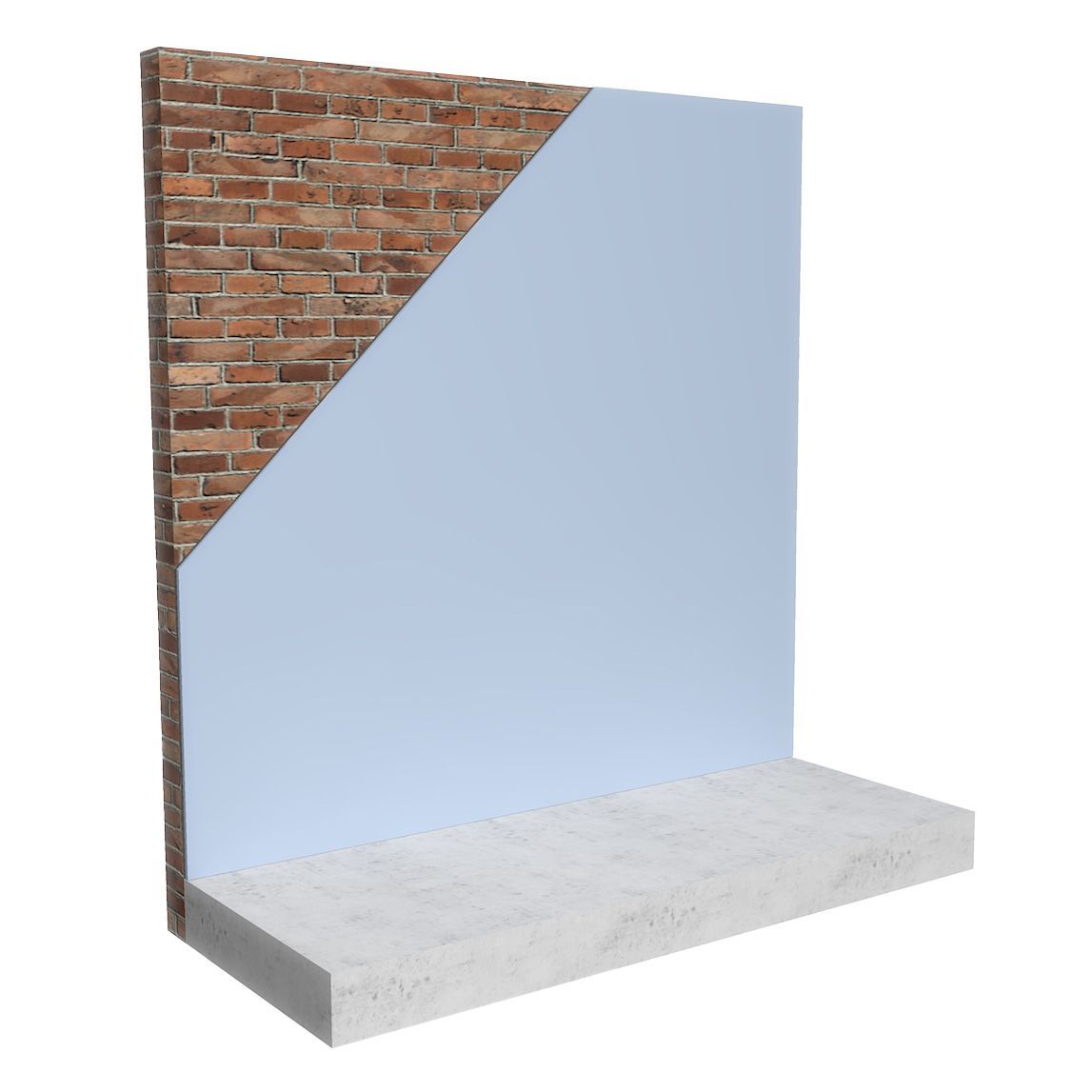How To Soundproof A Stud Wall
Reducing Noise Through An Internal Hollow Wall
Here at The Soundproofing Store, most of our calls tend to be about blocking noise from neighbours, but what about if the noise is in your own home? If you are looking to reduce noise from your teenagers bedroom, blocking the noise of a snoring husband, or maybe you are planning to separate a room into two with a partition stud wall and want to soundproof while you're there... below you should find the answers to all your questions!
The 3 best ways to soundproof a stud wall
A quick science of soundproofing
1. Airborne Sound (voices, television, music etc) is only blocked by mass. Mass = weight, so we want to add materials to the wall that are heavy and dense, and this will block more sound. Soundproofing materials like Mass Loaded Vinyl and Acoustic Plasterboard, which make up three of the four layers within the direct to stud wall soundproofing panel -
SoundBoard 4.
2. When sound hits a surface it becomes a strong vibration energy. We need some resilience in the wall to absorb/dampen the vibration.
These rules apply to all walls, for stud walls we have one more important factor;
3. If the wall is hollow inside, it is a sealed cavity. When sound gets into this cavity, it echoes, resonates and amplifies becoming louder. This is called the drum effect. We need to fill the cavity with acoustic insulation, this absorbs the sound and reduces the resonance.
Soundproofing An Existing Stud Wall
So how do we soundproof a stud wall that is already in our home, but we just want to upgrade/improve it?
Well, there are two stages. For best results we would advise on doing both. However the first stage can be messy and inconvenient, in which case you can skip to stage two, but remember the results won't be quite as good!
Stage One - Insulating The Cavity.
We need to fill the cavity with acoustic insulation, using
Acoustic Mineral Wool. The best way to do this is to remove the plasterboard on one side of the wall, exposing the framework. We can then fill between the frame studs with acoustic insulation, by just inserting the insulation and letting it hold itself with friction.
There are many different types of insulation but the best for absorbing sound in our experience is acoustic mineral wool. We find the ideal density for our purposes is 60kg. This is dense enough to absorb the sound, rather than letting the sound pass through, but not too dense that sound is reflected off it instead.
Find out more or order yours here -
Acoustic Mineral Wool 60kg
After installing the insulation, we then want to make the wall whole again by replacing the layer of plasterboard. You can use standard plasterboard, or
acoustic grade plasterboard for an even better result. This has far more mass than regular plasterboard.
Stage Two - Add Mass
Now that we have a complete surface again, we can now install one of our SoundBoards. The SoundBoards are made up of one layer of acoustic grade plasterboard, one or two layers of mass loaded vinyl, and a thick layer of acoustic foam.
The plasterboard and vinyl layers add a huge amount of mass to block the airborne sound, while the foam isolates the solid parts of the SoundBoard form the wall and dampens the vibration energy.
You can choose between two ProSound™ SoundBoards;
ProSound™ SoundBoard 3 - Which is perfectly sufficient for a good result when soundproofing an internal stud wall.
ProSound™ SoundBoard 4 - For blocking louder noise through a stud partition wall.
Skipping Stage One?
Well I can't blame you! It is extra work and mess, but you can expect the effectiveness of the soundproofing to be around 10 - 15% less. Therefore I would strongly recommend to opt for the
Pro-Sound™ SoundBoard 4
to go on top to make up for not insulating the stud wall cavity.
Stud Wall Sound Insulation: Building A New Stud Wall
If you are building a new stud wall from scratch, then there are some extra improvements that you can make for maximum results.
Isolate Your Frame
The more of the frames surface that is in contact with the structure, the easier it is for sound vibration to transfer into it. For best results we can float the frame on an Isolation Strip . This is a self adhesive, 6mm rubber crumb strip, that dampens vibration. We can stick this around the perimeter of the frame to isolate the frame from the structure. This means that the only points of contact between the frame and the structure are the screws. The amount of vibration that travels through a screw is so small that it is practically negligent.
Timber or Metal Frame?
Generally timber absorbs sound better than metal and resonates less than metal. For example, if you hit a piece of metal with a hammer, it rings out for quite a long time. This is the metal resonating. If you repeat the process on wood, you tend to get a quick, dull knock, because the wood doesn't resonate as much.
There are acoustic metal frames on the market that are designed to dissipate the sound and convert the vibration energy to heat, but generally timber is better to use than standard metal framing.
Frame Thickness
The thicker the frame, the more insulation you can install and so you will get a slightly better result. A 100mm frame with 100mm Acoustic Mineral Wool will reduce more sound that a 50mm frame.
Plasterboard
Most stud walls are built with standard 12.5mm plasterboard. This is relatively lightweight and has little mass. If you want an even higher result from your wall, cover one or both sides of the frame with
15mm Acoustic Grade Plasterboard which is far higher in mass. Combined with the SoundBoard, this should block a great deal of airborne sound.
Conclusion
Whether you're looking to block out noise from a snoring partner, reduce sound from a teenager’s bedroom, or enhance the privacy of a newly divided space, upgrading your internal walls with soundproofing solutions can make a significant difference. By insulating the cavity with Acoustic Mineral Wool and adding mass with ProSound™ SoundBoards, you can dramatically improve the soundproofing capability of your internal stud walls.
Do you think you may need to also soundproof the internal doors? Check out this blog -
How To Soundproof A Door
Need to know more about soundproofing a solid wall? -
How To Soundproof A Wall
If you need further advice or guidance, The Soundproofing Store is always here to help you choose the best solution for your needs
Share
Need Help?
"We don’t expect you to become an overnight expert in soundproofing, that’s what we’re here for."
